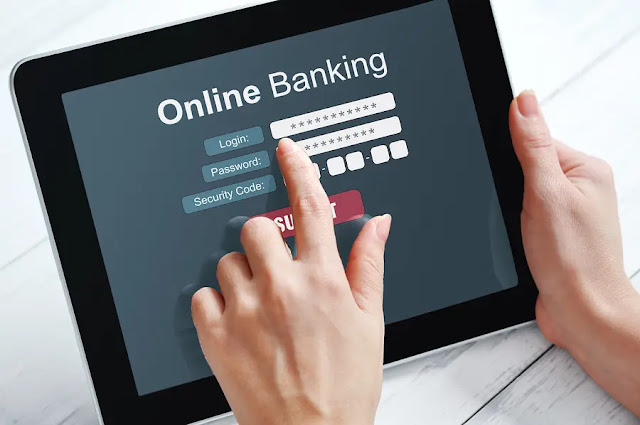Thanks to the internet and fast-paced technological developments, practically everything has become more accessible and convenient. A good example here is online bank account opening. Before the digital age, there was no other way to open a bank account except to personally visit a bank branch and bring physical documents. Now, all you need is a smartphone so you can fill out online forms and take a selfie for identity verification.
That said, the ease of performing digital transactions and other activities means there’s a lot of data online that can be stolen. Indeed, cybercriminals are always coming up with new ways to outsmart customers and breach security systems.
The good thing is that there are plenty of simple ways to keep all your online accounts safe from cyberattacks. Here are some tips to follow:
Keep Your Credentials to Yourself
This is the cardinal rule of internet security: never share your credentials with anyone. Whether it’s for your online banking account or your social media account, keep all the details to yourself. Only you should know your login information, including security questions and answers.
Even if it’s an emergency, don’t let anyone access your account. Instead, find a place where you can securely connect to the internet and conduct the transaction yourself. If you must log in using a computer or smartphone that’s not your own, remember to delete the form history and don’t accept the prompt to save the password.
Use a Password Manager
Another important internet security measure is to use unique and strong passwords for your accounts. The problem with this is that it can be difficult to keep track of which password is for what account; besides, it can be tricky to come up with a “strong” password.
This issue can be solved by a password manager. Not only does this kind of app keep your passwords, but it can also help you create more secure ones. Some apps even come with an auto-alert function so that you can change your password regularly (another good internet security practice). The best thing about a password manager? You only have to remember your master password and that’s it!
If you don’t have a password manager yet, there are many good apps that you can download for free. There are also paid ones, which usually come with more helpful features.
Enable Two-Factor Authentication
You’ve probably heard this tip a hundred times before, but it still bears repeating: if your account has two-factor authentication (2FA) is available, activate it. This will help improve security so that there’s another layer of authentication besides the username and password. In case a hacker gets a hold of your credentials, your account will remain safe since they can’t log in without the one-time password sent to your mobile number.
Fortunately, most online services nowadays have 2FA—from online banking to social media and even e-commerce sites. Just remember to keep the mobile number you’ve registered active; if you switch numbers, make sure to update your information ASAP.
Shop As a Guest
If you’re fond of online shopping, creating an account in your favorite stores can be convenient. It also lets you enjoy benefits such as promos and discounts exclusive to registered members. However, this can expose your information to would-be identity thieves in case of security breaches. These are rare enough occurrences, but they do happen.
That’s why it can be a good idea to checkout as a guest in some online stores, particularly if you shop there only once in a while. For those online shopping sites where you have an account, make sure to double up on security. It’s also best if you don’t link your credit cards for added protection.
Use Different Emails
When you sign up for online services and platforms, you’re often required to register with an email. For added security, it’s best to use different emails for different accounts. This keeps your identities separate and makes it easy for you to detect a spam or phishing message. For example, if you receive a banking-related email in your email that you use for online gaming, it’s an automatic red flag.
Of course, it can be a hassle to manage multiple email accounts. A good compromise would be to create two: one permanent and one temporary. Use the permanent address for sites that you can be sure are safe and the temporary one for those more leisurely in nature.
Don’t Save Important Passwords on Online Forms
To make things more convenient, web browsers give you the option to save passwords. This way, you don’t have to type your passwords whenever you log in. It definitely makes account management easier, especially if you have multiple accounts that you have to access daily.
The problem with this is that it can make you more susceptible to data breaches. To protect yourself, it’s best to ignore the save password function. At the very least, don’t save your banking passwords.
With some patience and extra vigilance, you can stay safe as you continue to reap the benefits of the digital age.






0 comments
Thank you for visiting my blog and leaving your wonderful comment!